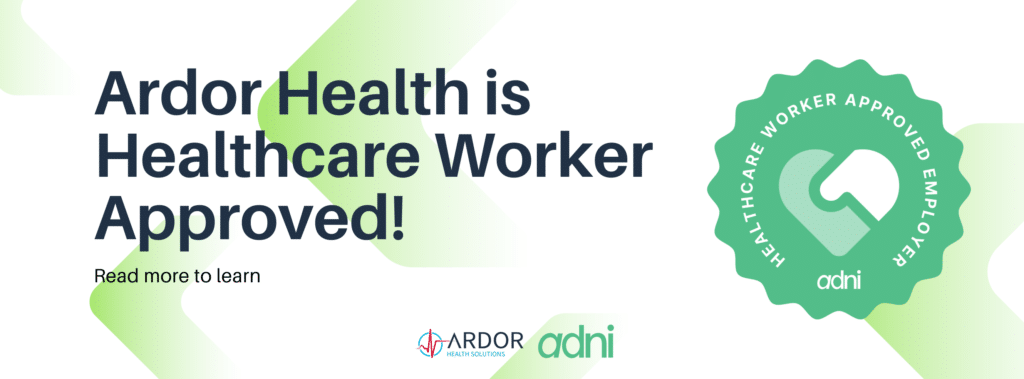5 Ways a Speech Language Pathologist Can Help Your Child

A SLP, better known as a Speech Language Pathologist or Speech Teacher, is a speech therapist that helps children overcome their specific speech issues. These issues may include everything from mild articulation delays to more intense disorders like down syndrome, motor speech disorders, and hearing impairments. An SLP’s sole purpose is to help your child overcome speech and communication issues through intimate one-on-one sessions. While this is an SLP’s general duty, it comes as a surprise to many the various focus areas included under the speech pathology profession. Check out these 5 ways a speech pathologist can help your child.
Speech Fluency
A major speech disfluency is stuttering. This usually begins in childhood and is identified by breaks in speech that can be accompanied by a few primary behaviors. These include blocks, prolongations, and interjections. In a more complex instance, your child’s stuttering may be coupled with stomping, nasal flares, and tension in the neck. An SLP is trained to help your child control this behavior to improve speech fluency.
Listening Skills
Listening and speaking skills go hand-in-hand. Children naturally have better receptive language skills than expressive language skills, meaning that they can understand better than they can express what they want to say. Speech language pathologists help children improve their vocabulary so that they can easily and accurately express how they feel and what they are thinking.
Expressive Language Skills
Spoken English is accompanied with bodily movements such as waving to say goodbye or raising eyebrows, to show different emotions. These gestural symbols must be accurately interpreted by children in order for them to accurately react or respond. Your child’s SLP will work on these abilities, as well as help him or her learn new words and how to correctly phrase them to get across a message for seamless communication.
Cognitive-Communication Skills
A cognitive-communication disorder affects your child’s memory, awareness, and reasoning abilities. There are multiple ways your child may have acquired this disorder, which can include your child being born with these deficits or from a severe head injury. An SLP will work with your child by teaching him or her ways to circumvent their cognitive issues through compensatory methods.
Feeding Issues
As surprising at it may seem, speech language pathologists can receive pediatric training that permit them to help with your child’s feeding and swallowing issues along with their auditory issues. This is not as far-fetched as many may believe, considering that speech pathologists have specific knowledge on the overall structure and functions of oral cavities, including tongue thrust.
As a speech language pathologist, you have the opportunity to put your passion for child development to work helping children improve their communication skills. This and other medical professions that have an impact can be searched on our healthcare job listing page. Our goal is to help individuals find the healthcare career that best fits their skills and passions. Take a look and find yours today!


 March 24, 2025
March 24, 2025


